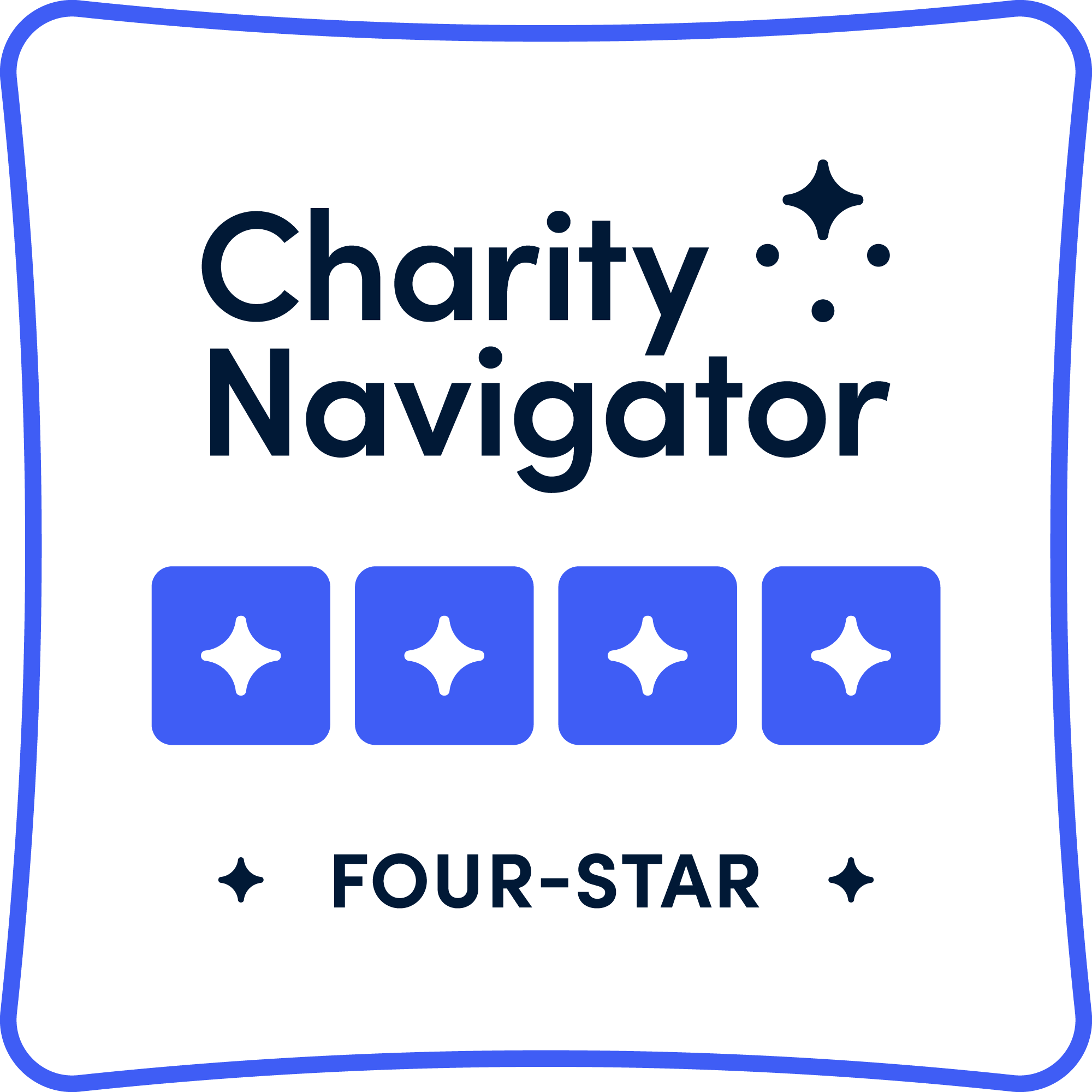Director of Strategic Alliances, Ludwig Institute for Cancer Research
Distinguished Professor of Medicine, University of California San Diego
 Dr. Cavenee did his graduate and postdoctoral training in cell biology, biochemistry and human genetics. He received his Ph.D. with honors in 1977 from the University of Kansas Medical School and then did postdoctoral work at the Jackson Laboratory, the Massachusetts Institute of Technology and the Howard Hughes Medical Institute at the University of Utah. He has held faculty positions at the University of Cincinnati and McGill University (where he was the Founding Director of the Ludwig Institute for Cancer Research, Montreal Branch). From 1991-2015 he was Founding Director of the Ludwig Institute for Cancer Research, San Diego Branch and Distinguished Professor of Medicine at the University of California at San Diego. Since 2015, he is Director, Strategic Alliances-CNS of Ludwig Cancer Research with global responsibilities.
Dr. Cavenee did his graduate and postdoctoral training in cell biology, biochemistry and human genetics. He received his Ph.D. with honors in 1977 from the University of Kansas Medical School and then did postdoctoral work at the Jackson Laboratory, the Massachusetts Institute of Technology and the Howard Hughes Medical Institute at the University of Utah. He has held faculty positions at the University of Cincinnati and McGill University (where he was the Founding Director of the Ludwig Institute for Cancer Research, Montreal Branch). From 1991-2015 he was Founding Director of the Ludwig Institute for Cancer Research, San Diego Branch and Distinguished Professor of Medicine at the University of California at San Diego. Since 2015, he is Director, Strategic Alliances-CNS of Ludwig Cancer Research with global responsibilities.
His research has evolved over the years to the interplay between oncogenic and suppressive mutations in the genesis and progression of human tumors, particularly those of the central nervous system, and their influence on therapeutic response. This work involves cellular genetics, engineered mouse models, protein biochemistry and tumor biology. Dr. Cavenee’s most recognized accomplishments are in the genetic basis of cancer predisposition, tumor progression, oncogenic cellular signaling and the use of genetic approaches for cancer diagnosis and prognosis. He has served on many NIH review and advisory panels including the Boards of Scientific Counselors of the National Cancer Institute and the National Institute of Environmental Health Sciences and advisory boards for several NIH Cancer Center Support, SPORE and PO1 grants, as well those of several private foundations and international institutions. He has been President of the American Association for Cancer Research.
Dr. Cavenee is an elected member/fellow of the National Academy of Sciences, the National Academy of Medicine, the Chinese Academy of Engineering, the Leopoldina German Academy of Science, the AACR Academy, the International Union Against Cancer, the American Society for Clinical Investigation and the American Academy of Microbiology. He has published more than 380 scientific papers and received more than 120 honors, most notably the Charles S. Mott Prize of the General Motors Cancer Research Foundation, the Albert Szent-Gyorgyi Award from the National Foundation for Cancer Research, the Margaret Foti Award for Leadership and Extraordinary Achievements in Cancer Research from the American Association for Cancer Research, the Feldman Founder’s Award from the National Brain Tumor Society and the Friendship Award from the People’s Republic of China.










